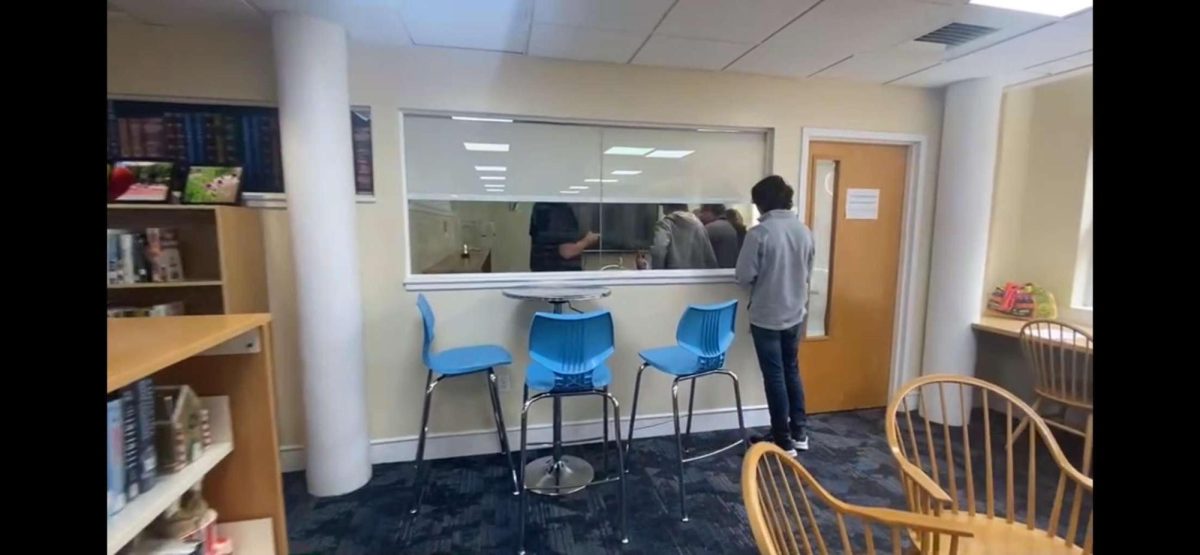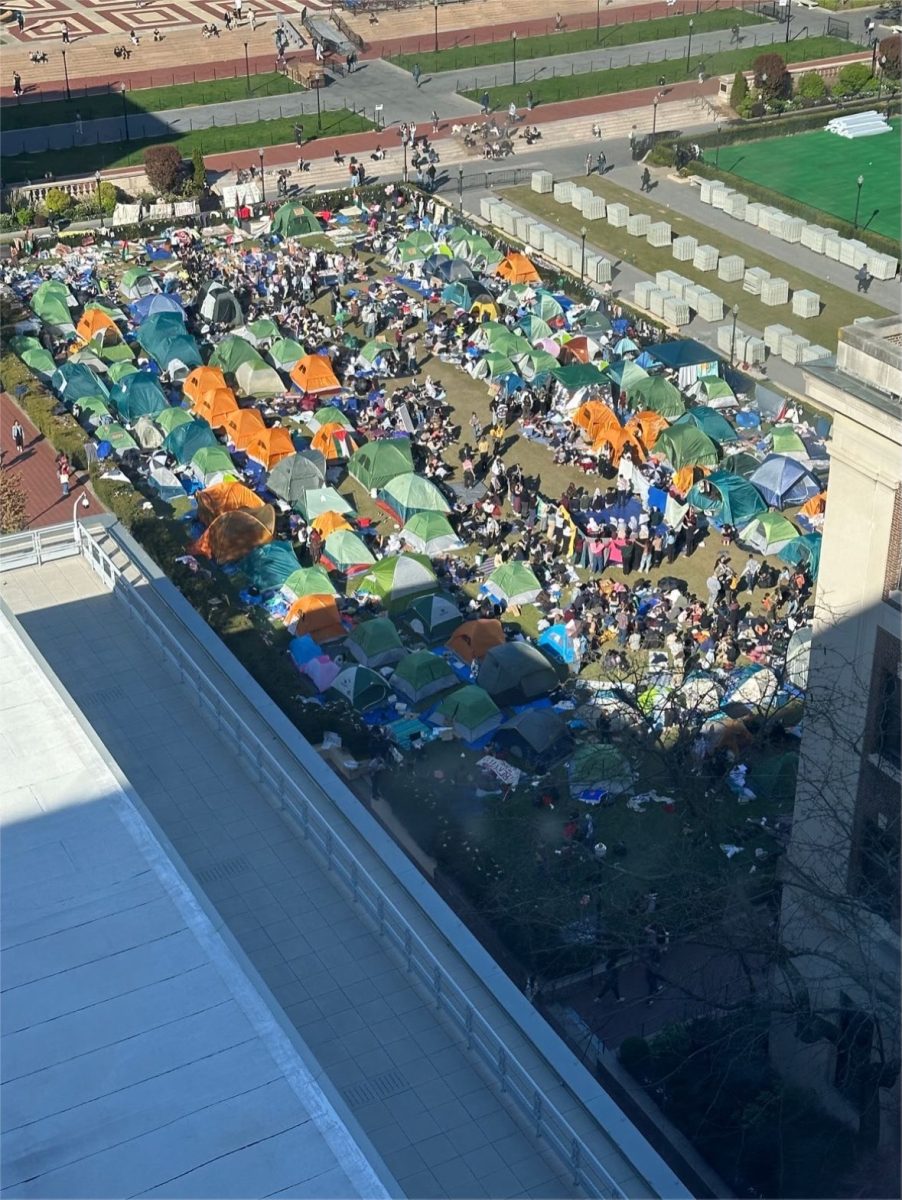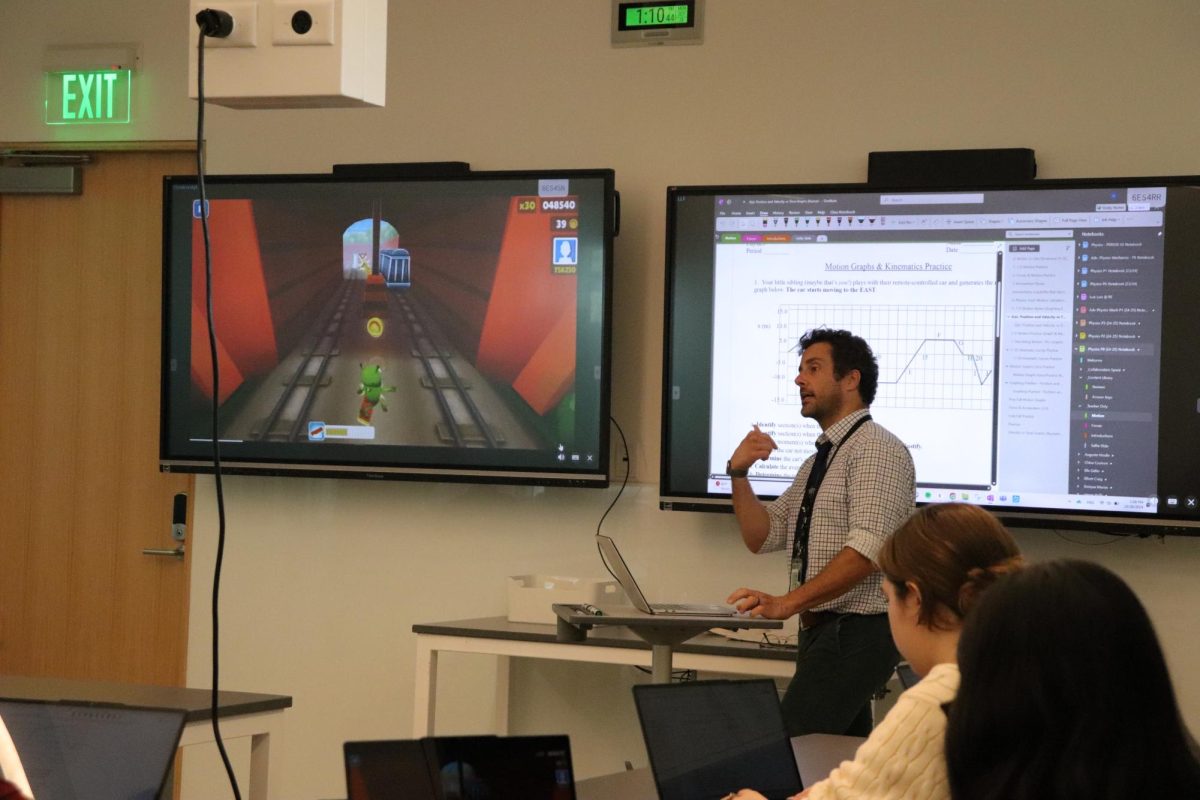“You don’t realize how much 10 minutes is until you don’t have it anymore,” muttered Alexander Kazumoff ’25 gravely. “You don’t realize it until it’s gone.”
In an effort to enhance student health and wellness, Ransom Everglades has implemented a series of subtle yet significant changes to the school schedule for the 2023-2024 school year. These changes include the reintroduction of a daily five-minute advisory period, a shift of the beginning of the school day from 8:00 a.m. to 8:15 a.m., and a controversial reduction of the lunch period from one hour to 50 minutes. These alterations have sparked discussions and strong opinions from students and faculty alike, as well as questions about their potential impact on students’ future wellness.
These changes mark the fourth consecutive year RE has altered their class schedules since the 2020 COVID-19 pandemic. From staggered lunches in 2020, to the reimplementation of rotating blocks in 2022, the RE Upper School schedule has been dynamically modified and tweaked every year. Mrs. Jenny Carson ’03, the Upper School History and Social Sciences Coordinator, said, “I’ve seen the schedule change from 7:45 to 8:00 to 8:15. Even the addition of 8:30 wasn’t there when I started.“
In spring of 2023, students at RE took the Challenge Success Student Wellbeing Surveys, a series of third-party surveys designed to provide the school with data about the student experience at RE. What the surveys revealed was that students were experiencing high levels of stress, alongside a lack of sleep. “We noticed a pattern that the sleep numbers for Upper School students were low. Middle School was about 7.5 hours, and Upper School was less than 6,” explained Mr. David Clark ’86, RE’s Chief Operating Officer and Interim Head of the Upper School. “We played around with different times, and we arrived at 8:15 to give extra time for sleep, and to have that five-minute advisory so they could have a person to connect with every day.”
Several students said that they’ve appreciated the change in starting time, which has left them feeling relieved to start school slightly later. Jillian Demos Brown ’25 said, “I actually get there on time,” while Chloe Alfonso ’24 explained that she is “less stressed now that school starts later.”
According to Mr. Clark, morning advisory was also reintroduced to help students feel more supported on a daily basis. “50% of students said they had an adult they could go to on campus if they had a problem,” he said. “So that’s where the advisory program came from.”
Students interviewed had mixed, if generally positive, views of the reintroduction of morning advisory. Solon Sun ’25 said that “morning advisory is necessary,” while Demos Brown voiced the opinion that she doesn’t “think we need to have advisory every morning for five minutes.”
Mrs. Carson, for her part, said she has enjoyed the change. “It’s nice to see my advisees every day in the morning,” she said. “But then again, I don’t really have to move that much between periods.”
The shortening of the lunch block, however, has been met with less favorable reactions among the student body. Some explained that while lunch feels significantly shorter, they could “still get things done.” Kazumoff, meanwhile, continued lamenting the loss of “a fundamental right… Like life, liberty and the pursuit of happiness.”
Over the years, the importance of sleep has become more acknowledged in academic spaces. According to the American Academy of Pediatrics, earlier start times at school—before 8:30 am—have been linked to insufficient sleep, which can hinder academic motivation and cause health problems in adolescents. It’s become a widely established fact that more sleep leads to better performance in academics, better mental and physical health, and overall better quality of life.
On Friday, May 12, 2023, Florida Governor Ron DeSantis signed a bipartisan law (HB 733), which requires the school day to begin no earlier than 8:30 a.m. for high schools in the state beginning in 2026. Florida is the second state, after California, to mandate later school start times statewide. While RE’s leadership team was aware of this mandate, Mr. Clark stated that “this wasn’t the main charge” for the change.
When asked how the changes have impacted student wellness, Mrs. Isis Perez-Gonzalez, RE’s Director of Counseling, disclosed that fewer of her student visits have “been around academic concerns, and that hasn’t usually been the case in the past… so it has made an impact.” While she acknowledged that this was purely correlational, it could indicate that the schedule has made a difference.
On the other hand, Nurse Marie Gregorio candidly expressed the concern that the schedule change may not be making much of a difference—at least not yet. “I’m still seeing that a lot of students are staying up later at night,” she said. “It could take a while to see an adjustment.”
Several students also expressed indifference to the change, saying that the shift in start time had little effect on sleep. “I still wake up at the same time; I just have more minutes to get to class,” said Henry Berler ‘25. “I already show up pretty early as is, so it doesn’t really affect me,” explained Gerry Mena ’24.
Where does the RE schedule go from here? Berler had some suggestions. “I think classes are still too long,” he said. “There should be a mandated 5-minute break in between classes. [And] if each class was made 10 minutes shorter, we’d have a lunch period that was actually encompassing a real break time where we’d have [an opportunity] to eat, talk to our friends, and enjoy time at school.”











